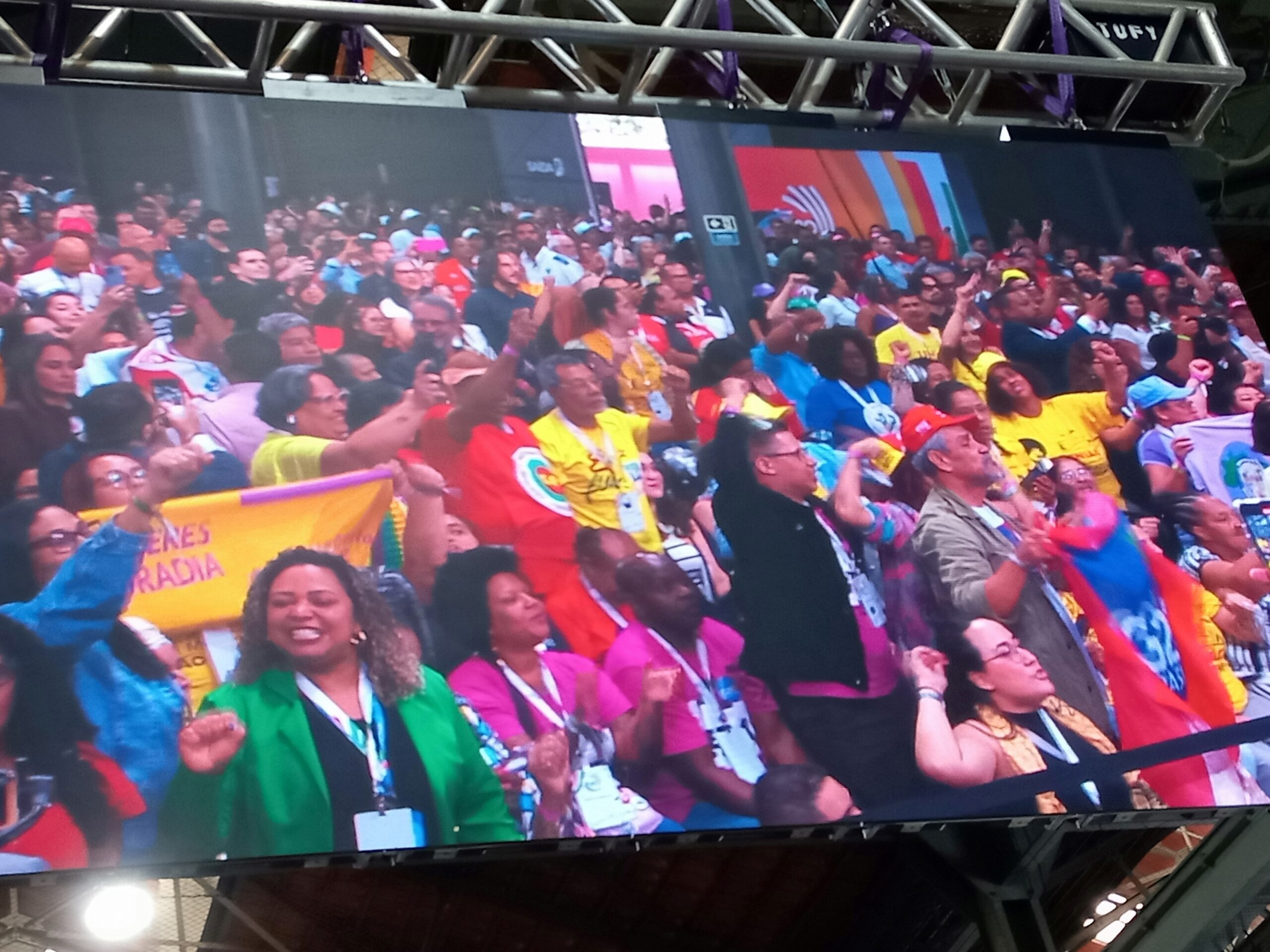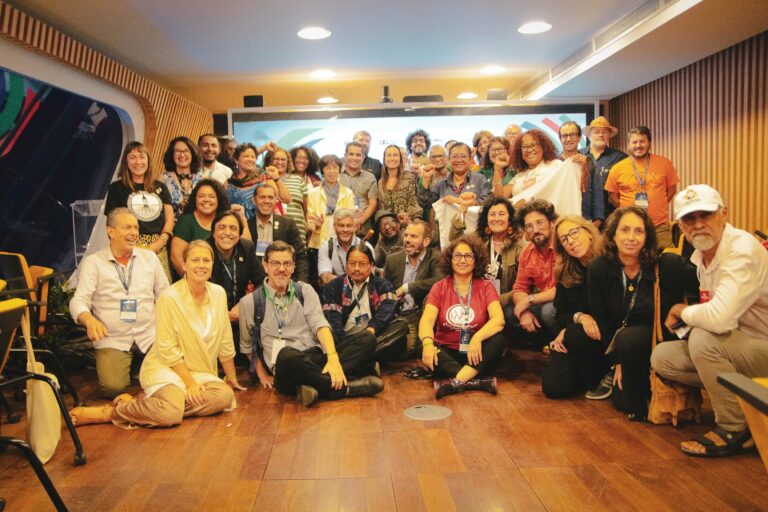By Kazumi Kondoh
World Committee Member, URGENCI Board Member, Director of the International Department, Japan Organic Agriculture Association.
I traveled to Rio de Janeiro during the third week of November to participate in an international meeting on family farming held part of the G20 Social Summit. As the host of the 2024 G20 Summit, the Brazil’s Government organized the 1st G20 Social Summit prior to the G20 Summit to broaden the participation of Civil Society in the activities and decision-making process of the G20.
Brazil’s President, Luiz Inácio Lula da Silva designated three central thematic topics for both the G20 and G20 Social: reducing hunger, poverty, and inequality; addressing sustainability, climate change, and a just society; and reforming global governance. Approximately 270 self-managed groups from civil society and various sectors such as business, science, and research that focus on these topics participated in the G20 Social by holding various kinds of events.
Besides these events, the Ministry of Agrarian Development of Brazil organized a family farming meeting to which I and other NGO representatives from G20 countries were invited. The participants represented organizations of family farmers, Indigenous peoples, and women, coordinated by the International Planning Committee for Food Sovereignty. In a session on climate change, biodiversity, and agroecology, I introduced CSAs and “Teikei,” the Japanese equivalent of CSA. I stressed that small-scale family farming plays a pivotal role in addressing climate change and biodiversity protection. Furthermore, I emphasized that “Teikei” and CSAs around the world have secured the economic viability of small-scale farmers and their livelihoods in rural areas while protecting the environment and safeguarding ecosystem functions and services. Additionally, Miley Zhou of CSA China—a member of the URGENCI network—gave a presentation about China’s CSA in a separate session.
Throughout the conference, the presenters and the audience enthusiastically discussed the importance of family farming in achieving food security, alleviating poverty, and protecting the environment.

The closing ceremony of the G20 Social was the highlight of this event. By the time it started—more than an hour behind schedule—the large hall was filled with people enthusiastically celebrating this historic summit, which provided opportunities for people’s voices to be heard by the G20 leaders for the first time. When President Lula delivered his energetic speech, the crowd’s excitement reached its peak. Every time he said phrases such as fighting hunger and poverty, combating climate change, and stopping wars, the audience responded by chanting his name and waving their hands and banners. At the end of his speech, he stated that he would take the recommendations spelled out in the G20 Social Declaration to the G20 leaders.
The G20 Social Declaration is a collaborative voice delivered to the G20 Summit, and participants of the family farming meeting prepared the statement to contribute to the content of this declaration document. Together with voices from other participating groups, we succeeded in including the following phrase in the final document:
“We advocate for food sovereignty as a cornerstone in eradicating hunger, ensuring the right to access land and water, and controlling food production and distribution, with an emphasis on agroecological practices and environmental preservation.”
I appreciated this result, and I am confident that more collective efforts among civil society to support family farming and agroecological practices would lead to the creation of sustainable and just food systems.

